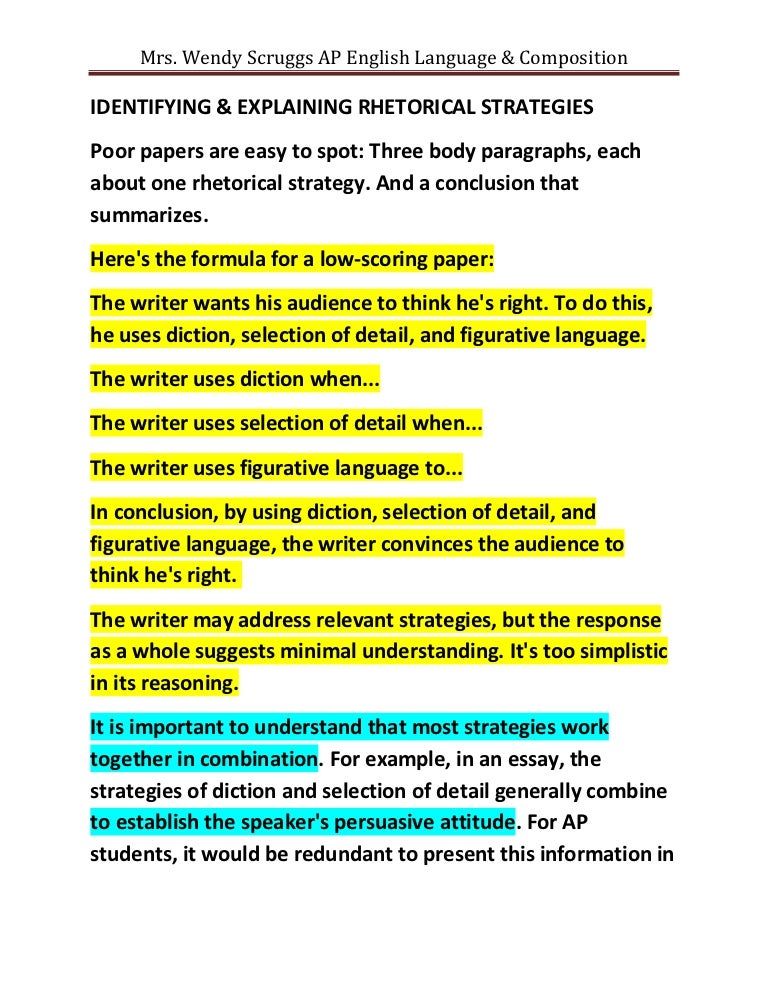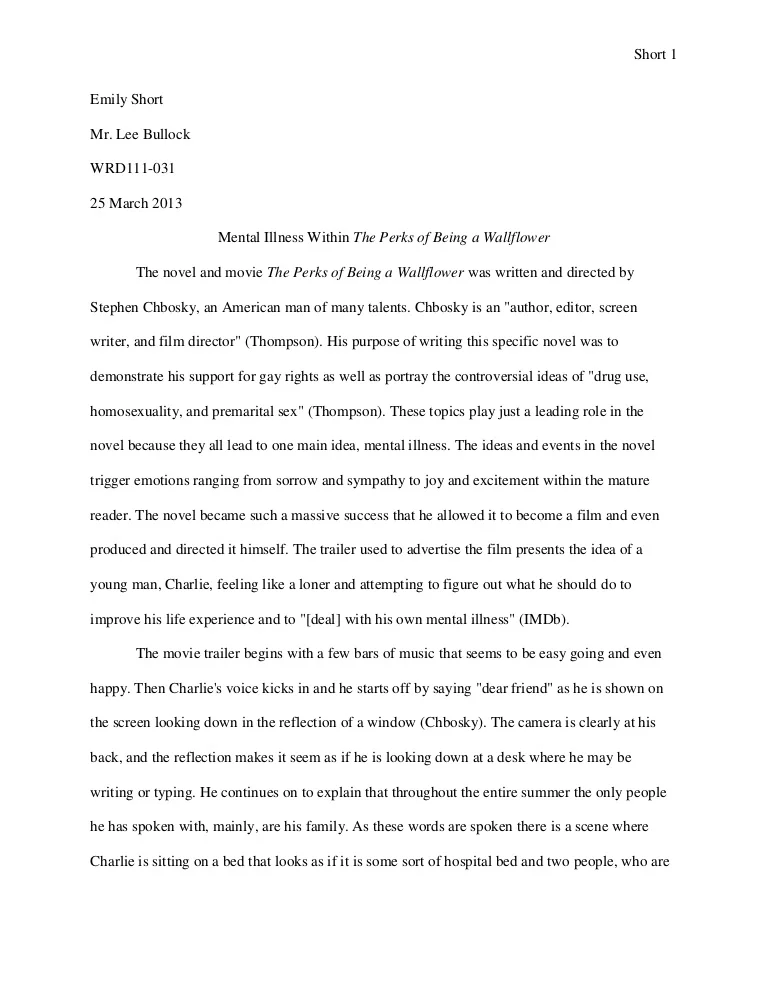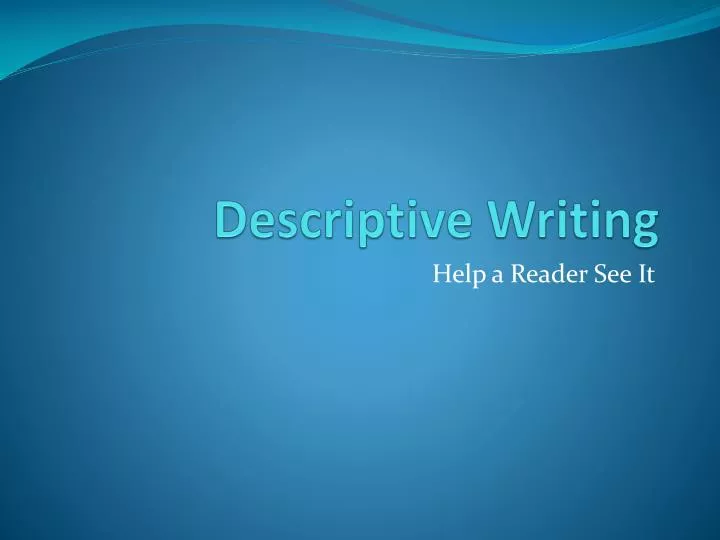
Rhetorical criticism is an epistemology or way of knowing many scholars find effective in coming to an understanding about the communication process and the artifact under study. (An artifact or text is simply the thing that the critic wants to learn about. Artifacts can be, for example, speeches, songs, sermons, films or works of art.) 2/21/ · Rhetorical criticism studies how symbols are used within a text to affect an audience. Rhetorical criticism is the analysis of a broad range of items related to using language to have an impact on an audience. This is often but not always applied to writing, where the author intends to have a certain effect on readers Jonathan Riel the author of Obama and Reagan: A Rhetoric critique and declaration of not war in Libya targets the same population in addressing the challenges and issues affecting the American society. In his first article that touches on Obama and Reagan, he tends to draw two parallel rhetoric lines between the two leaders
What is rhetorical criticism? | blogger.com
Rhetorical criticism is the analysis of a broad range of items related to using language to have an impact on an audience. This is often but not always applied to writing, where the author intends to have a rhetorical critique effect on readers. Rhetoric in general is very broadly defined as any aspect of speech or writing that reaches out to an audience. Criticism, as it is defined for rhetorical criticism, rhetorical critique, literary criticismand other types of similar analysis, is the process of examining something for its fundamentals or underlying nature.
The criticism observes units of language and other auxiliary products of rhetorical critique or writers to examine the rhetorical critique as well as the context of a piece of an individual communication to rhetorical critique audience, rhetorical critique.
The popularity of rhetorical criticism has grown and diminished over time throughout its history in human civilization. In some ways, rhetorical critique rise of this type of criticism is as old as the common usage of written language. Some date this discipline back to Plato and the societies of ancient Greece. Academics use this type of criticism to understand how communicators use symbols to affect their audiences.
These researchers can study text, rhetorical critique, film, or audio recordings to find rhetorical symbols for analysis. Generally, those who study rhetoric will build a collection of symbols, try to work them together into a central thesis, and gradually develop a meta-narrative regarding the ultimate nature of that speech, writing, or rhetoric-based art work.
Some experts have built specific categories of rhetorical criticism. This type of study examines both the visual and auditory components of rhetoric in search of more information about how communications will be received by rhetorical critique large group of people. The products of rhetorical criticism can take many forms. Research papers may draw a great deal from this kind of study.
In some academic departments related to communications, rhetorical critique, students may be tested on their responses to this kind of analysis. Some academic journals may publish articles related to the study of rhetoric in contemporary societies, rhetorical critique. All of this adds to the general body of work around the use of rhetoric in diverse scenarios and contexts.
Leverkuhn Last Modified Date: February 21, Please enter the following code:. Login: Forgot password?
What is a Rhetorical Analysis?
, time: 6:26Understanding Rhetorical Criticism | Introduction to Communication

2/21/ · Rhetorical criticism studies how symbols are used within a text to affect an audience. Rhetorical criticism is the analysis of a broad range of items related to using language to have an impact on an audience. This is often but not always applied to writing, where the author intends to have a certain effect on readers 1/2/ · Answer: Rhetorical criticism is a method of examining words, seeking to understand the author’s techniques and how they affect the intended audience. Rhetoric refers to the discipline of persuasive writing or speaking. Criticism, in this case, means “analysis” rather than “disapproval.” 7/15/ · Rhetorical criticism seeks simply to ascertain the particular posture or image that the author is establishing in this particular work in order to produce a particular effect on a particular audience." (Edward P.J. Corbett, "Introduction" to "Rhetorical Analyses of Literary Works")

No comments:
Post a Comment